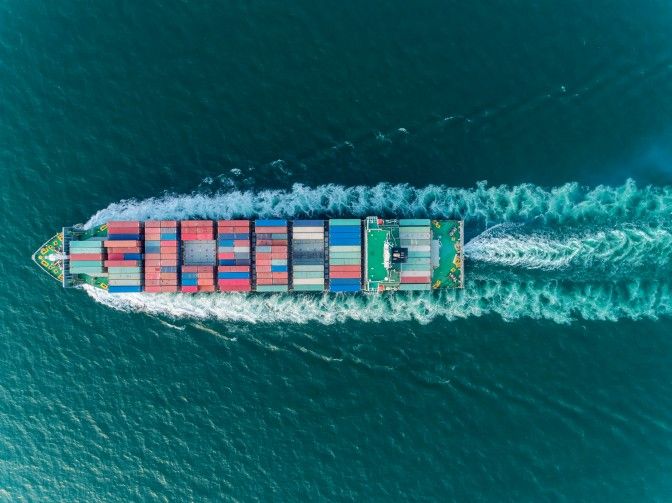The importance of maritime logistics to trade and development has never been more evident than in the past year globally.
Historically high and volatile freight rates, congestion, closed ports and new demands on shipping in the wake of Covid-19 and the Ukraine war have had a measurable impact on people’s lives.
With ships carrying more than 80% of the world’s trade volume, rising transport costs and declining maritime connectivity lead to increased inflation, food shortages and disrupted supply chains, all features of the current global crisis.
Specifically, UNCTAD estimates that higher grain prices and dry bulk freight rates in early 2022 contribute to a 1.2% increase in consumer food prices.
Container ships spent 13.7% more time in ports in 2021 compared to 2020, exacerbating delays and shortages.
And over the past year, total greenhouse gas emissions from the global fleet increased 4.7 percent.
Logistics
UNCTAD has been analyzing shipping and ports since 1968. It does so with extensive data and decades of experience.
Each edition of the Review of Maritime Transport provides a clear and comprehensive assessment of the causes and effects of current trends.
The message is compelling: the world once again needs shipping to weather difficult times.
The war in Ukraine has disrupted key routes and supply chains.
It has also generated record prices. This could push tens of millions more people into hunger and poverty this year, the UN Global Crisis Response Group has warned.
In this context, shipping is vital.
It must help reduce costs.
Rates must be brought down to affordable levels, especially in developing countries.
There is also an urgent need to secure fertilizer supplies. The world needs to produce enough food for everyone.

